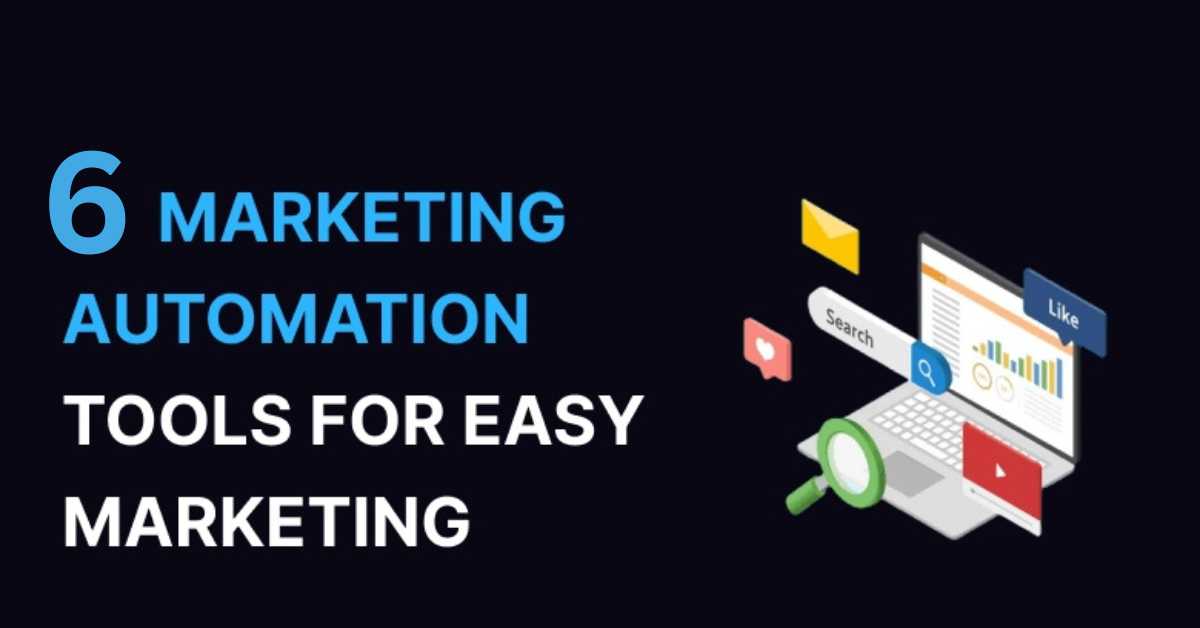Email: [email protected]


Implementing Six Sigma can be a transformative strategy for businesses seeking to enhance operational excellence, boost efficiency, and elevate customer satisfaction. By adopting this data-driven approach, organizations can minimize defects, reduce variability, and optimize processes, leading to improved quality, reduced costs, and increased competitiveness. As a widely recognized methodology for process improvement, Six Sigma has been successfully adopted across various industries, including manufacturing, healthcare, and finance.
In this article, we will delve into the best practices for successful Six Sigma implementation, covering key aspects such as project scope definition, belt certification, project prioritization, and data-driven decision-making. By following these guidelines, businesses can unlock the full potential of Six Sigma and achieve sustainable results, driving growth, innovation, and excellence. Whether you’re a quality manager, operations leader, or business executive, this article will provide valuable insights to help you navigate the Six Sigma journey and achieve operational excellence.
Provide comprehensive training to team members to ensure they understand and can maintain new processes. Establish a plan for ongoing monitoring and evaluation to ensure sustainability and prevent regression. Regularly review and assess the effectiveness of changes, making adjustments as needed. By implementing and validating changes effectively, organizations can achieve lasting improvements, enhance operational excellence, drive business growth, and increase customer satisfaction.
Clearly defining your project scope, goals, and objectives is essential for a successful Six Sigma project. Identify key processes, stakeholders, and metrics to measure success, ensuring alignment with business objectives and strategic priorities. Secure leadership buy-in and sponsorship to ensure resources and support. Establish a well-defined project charter, outlining specific goals, objectives, and deliverables. Define project boundaries, including what is included and excluded, to avoid scope creep.
Utilize tools like stakeholder analysis and SMART criteria to ensure a focused and effective project. A clear project scope enables effective project management, quality control, and continuous improvement. It helps to reduce costs, increase efficiency, and enhance customer satisfaction. By defining your project scope, you’ll set the foundation for a successful Six Sigma project, driving business growth and achieving operational excellence.
Selecting the right Six Sigma belt certification is crucial for project success. Choose from White, Yellow, Green, or Black belt certifications based on project complexity and team member roles. White belts provide basic knowledge, while Yellow belts lead small-scale projects. Green belts analyze data and solve problems, and Black belts lead complex projects and mentor others. Ensure proper training and certification for team members to guarantee a thorough understanding of the methodology. This ensures effective project execution, data-driven decision making, and sustainable results.
Investing in the right belt certification enhances team capabilities, driving business growth, operational excellence, and customer satisfaction. It also ensures that team members have the necessary skills and knowledge to identify and solve problems, leading to improved efficiency, reduced costs, and enhanced quality. By choosing the right belt certification, organizations can maximize the benefits of Six Sigma and achieve their goals.
Identifying and prioritizing projects is a critical step in the Six Sigma process. Utilize tools like DMAIC (Define, Measure, Analyze, Improve, Control) and Pareto analysis to identify and prioritize projects that drive maximum impact. Focus on high-impact, high-return initiatives that align with business objectives and address critical customer needs. Evaluate projects based on factors like potential savings, customer satisfaction, and process complexity. Use Pareto analysis to identify the vital few projects that will yield the greatest benefits.
Consider the organization’s strategic goals, resource availability, and potential roadblocks when prioritizing projects. By prioritizing projects effectively, organizations can maximize resources, accelerate results, and achieve sustainable improvements. This step ensures that efforts are focused on initiatives that drive real value, leading to enhanced operational excellence, improved customer satisfaction, and increased business growth.
Creating a comprehensive project plan is essential for successful Six Sigma project execution. Develop a detailed plan that includes timelines, milestones, and resource allocation to ensure effective project management. Establish a clear communication plan to keep stakeholders informed and engaged throughout the project lifecycle. Define roles and responsibilities to avoid confusion and ensure accountability. Identify and mitigate potential risks and roadblocks to minimize delays and deviations.
Include contingency plans to address unexpected issues. Define project metrics and Key Performance Indicators (KPIs) to measure progress and success. By developing a robust project plan, organizations can ensure that projects are completed on time, within budget, and to the required quality standards, leading to improved operational excellence and business growth.
Click on the next page button to continue enjoying the article!












To provide the best experiences, we and our partners use technologies like cookies to store and/or access device information. Consenting to these technologies will allow us and our partners to process personal data such as browsing behavior or unique IDs on this site and show (non-) personalized ads. Not consenting or withdrawing consent, may adversely affect certain features and functions.
Click below to consent to the above or make granular choices. Your choices will be applied to this site only. You can change your settings at any time, including withdrawing your consent, by using the toggles on the Cookie Policy, or by clicking on the manage consent button at the bottom of the screen.
